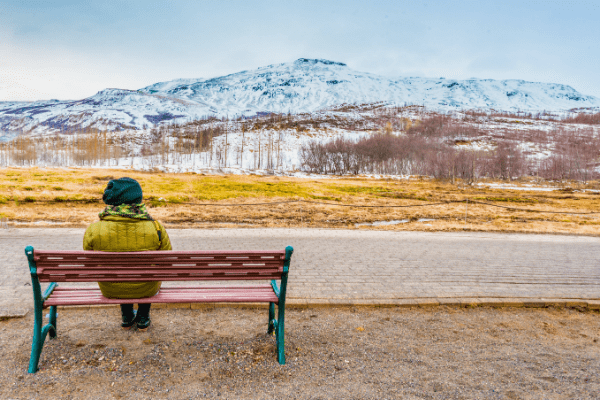Feeling lonely used to be a taboo subject. No one wanted to admit to it.
2020 is the year so many were feeling isolated and lonely that it makes little sense to deny it.
So many people are in the same boat in having to be in lockdown and social distancing.

Why does being lonely fill us with so much shame?
Everyone thinks they are the only ones who feel lonely that everyone else is just fine.
So there must be something intrinsically wrong with us.
In this sensitive and vulnerable place of aloneness, it’s hard to have people feeling sorry for us!
Thank evolution for that feeling of loneliness?
As humans we are social creatures, we crave the company and the warmth of others.
Thousands of years ago one man or woman would not survive very long on their own we needed to be with a tribe.
It is thought loneliness is built into us so that we would find others to be with because our survival depended upon it.
That’s why loneliness is so hard to bear when you are not with your tribe.
Yearning for the parts we have lost, can contribute to our feeling lonely
THERE is another kind of loneliness – a yearning for parts of ourselves that we had to split off through trauma or other abuse situations.
Even in the healthiest home environments, we have to find a way to protect ourselves.
Outside the home can be a scary place. School can also be a difficult place for some children who find it hard to fit in.
The psyche is very efficient at protecting us. It creates for us a survival personality.
Lonely in childhood?
Everyone has a survival personality. It means we take on a role such as a clown, or joker to diffuse a tense situation.
We may become a good girl or boy who doesn’t attract negative attention as opposed to other siblings who deliberately attract that same attention.
A role or sub-personality could be someone who bullies at school because they are being bullied at home or are copying a parent’s behaviour.
Can you think of the roles you played growing up?
These roles we play get us through childhood but if we constantly play the joker in our adult relationships they are likely to break down.
The roles we took on in our family allowed us to survive but they are a mask and beneath that mask is the lost, lonely, child that just wanted to be seen, heard, accepted and above all loved.

Can we get over our loneliness?
My work as a counsellor is using the framework of Psychosynthesis and a unique tool called EFT I have found this is an effective way of reconnecting to lost parts of ourselves.
What can this internal re-connecting mean? It can mean that those lost and lonely feelings that you have experienced lessen in intensity and frequency.
There is a feeling of being more integrated you are able to react less and respond more thoughtfully.
Re-connecting with ourselves means we are more whole and can meet others in a more healthy less needy way.
We don’t rely upon or look to others to fulfill all our needs. We accept ourselves and we can accept others as they are.
Some ideas on helping our loneliness
If loneliness is something you feel is becoming more than you can cope with check out Mind for further information to get some help.
Also, there are online friendship websites. These may be helpful as you can connect with other like-minded people.
If you feel your loneliness is due to other issues please contact a BACP counsellor who will be able to help you.
This lockdown may limit people’s ability to access counselling and therapy for depression as many counsellors are not working face to face.
Disclaimer: These links are being provided as a convenience and for informational purposes only; they do not constitute an endorsement or an approval by Cynthia Rao Counselling.
I work with a combination of Psychosynthesis techniques and EFT Central London
Counselling London Bridge SE1 and Counsellor Covent Garden WC2.
